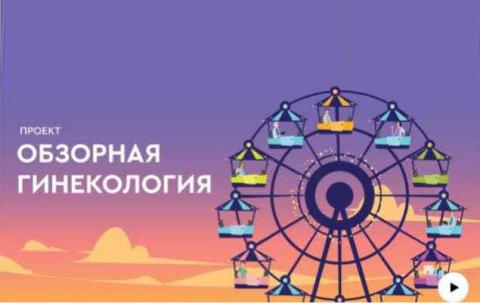Good practice recommendations for information provision for those involved in reproductive donation

ESHRE Working Group on Reproductive Donation, Jackson Kirkman-Brown 1,*, Carlos Calhaz-Jorge2 , Eline A.F. Dancet3 , Kersti Lundin4 , Mariana Martins 5 , Kelly Tilleman6 , Petra Thorn7 , Nathalie Vermeulen 8 , and Lucy Frith 9
1 Centre for Human Reproductive Science, University of Birmingham, IMSR, Birmingham, UK
2 Faculdade de Medicina da Universidade de Lisboa, Lisboa, Portugal 3 KU Leuven, Department of Development and Regeneration, Leuven, Belgium
4 Department of Reproductive Medicine, Sahlgrenska University Hospital, Gothenburg, Sweden
5 University of Porto, Faculty of Psychology and Education Sciences, Porto, Portugal
6 Department for Reproductive Medicine, Universitair Ziekenhuis Gent, Ghent, Belgium
7 Private Practice, Couple and Family Therapy, Infertility Counseling, Mo¨ rfelden, Germany
8 European Society of Human Reproduction and Embryology (ESHRE) Central Office, Strombeek-Bever, Belgium
9 Centre for Social Ethics and Policy, University of Manchester, Manchester, UK
STUDY QUESTION: What information and support should be offered to donors, intended parents and donor-conceived people, in general and in consideration of the availability of direct-to-consumer genetic testing and matching services?
SUMMARY ANSWER: For donors, intended parents and donor-conceived offspring, recommendations are made that cover information needs and informed consent, psychosocial implications and disclosure.
WHAT IS KNOWN ALREADY: Trends indicate that the use of donor-assisted conception is growing and guidance is needed to help these recipients/intended parents, the donors and offspring, navigate the rapidly changing environment in which donor-assisted conception takes place.
STUDY DESIGN, SIZE, DURATION: A working group (WG) collaborated on writing recommendations based, where available, on evidence collected from a literature search and expert opinion. Draft recommendations were published for stakeholder review and adapted where relevant based on the comments received.
PARTICIPANTS/MATERIALS, SETTING, METHODS: Papers retrieved from PUBMED were included from 1 January 2014 up to 31 August 2020, focusing on studies published since direct-to-consumer genetic testing has become more widespread and accessible. The current paper is limited to reproductive donation performed in medically assisted reproduction (MAR) centres (and gamete banks): donation outside the medical context was not considered.
MAIN RESULTS AND THE ROLE OF CHANCE: In total, 32 recommendations were made for information provision and support to donors, 32 for intended parents and 27 for donor-conceived offspring requesting information/support.
LIMITATIONS, REASONS FOR CAUTION: The available evidence in the area of reproductive donation is limited and diverse with regards to the context and types of donation. General conclusions and recommendations are largely based on expert opinion and may need to be adapted in light of future research.
WIDER IMPLICATIONS OF THE FINDINGS: These recommendations provide guidance to MAR centres and gamete banks on good practice in information provision and support but should also be considered by regulatory bodies and policymakers at a national and international level to guide regulatory and legislative efforts towards the protection of donors and donor-conceived offspring.
STUDY FUNDING/COMPETING INTEREST(S): The development of this good practice paper was funded by European Society of Human Reproduction and Embryology (ESHRE), covering expenses associated with the WG meetings, the literature searches and dissemination. The WG members did not receive any payment. The authors have no conflicts of interest to declare.
DISCLAIMER: This document represents the views of ESHRE, which are the result of consensus between the relevant ESHRE stakeholders and where relevant based on the scientific evidence available at the time of preparation.




